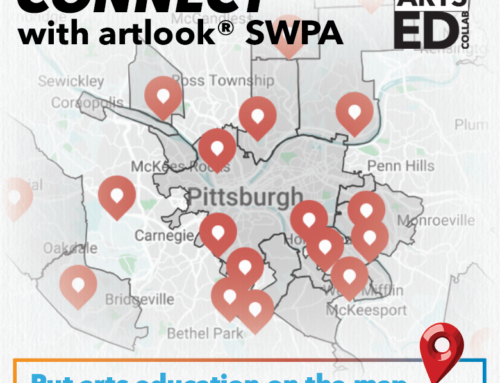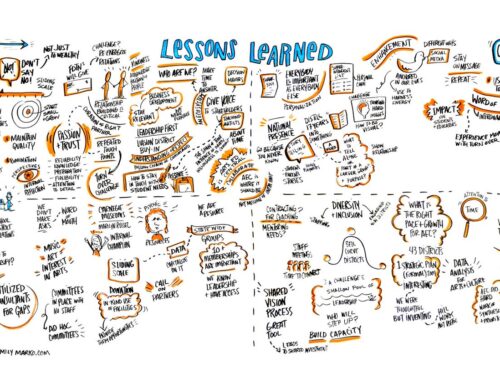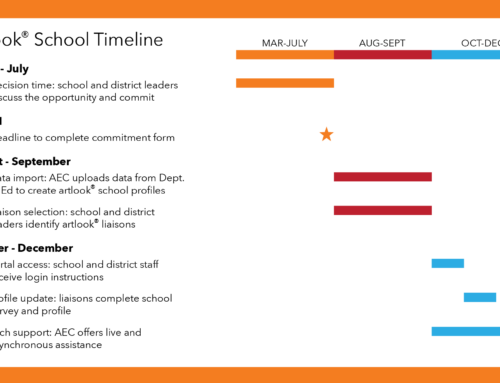 Pennsylvania, Arts Integration, and ESSA
Pennsylvania, Arts Integration, and ESSA
In September, the Pennsylvania Department of Education submitted a proposed Consolidated State Plan to the U.S. Department of Education outlining its plans for implementing the Every Student Succeeds Act (ESSA). Combining the state plan with a recently released report on arts integration – Review of Evidence: Arts Integration Research Through the Lens of the Every Student Succeeds Act – districts have information to begin visioning arts integration interventions to assist with ESSA goals at the local level.
Commissioned by The Wallace Foundation and written by the American Institutes for Research, the report provides an analysis of research on arts integration and assesses the effects of arts integration interventions as they relate to ESSA requirements and funding. According to the report, though the average effect of arts integration is statistically significant, the overall magnitude of change in student outcomes is modest. The report also describes the results of interventions on student achievement in specific content areas.
In particular, the report documents improvements in achievement in English language arts, critical thinking, and social-emotional learning. At Arts Education Collaborative, we find alignment in these areas with goals set in Pennsylvania’s Consolidated State Plan for English language arts, well-rounded learning, and graduation rates. The report makes two recommendations for districts hoping to utilize federal funding to support arts integration interventions (p. 47):
Be thoughtful when selecting which ESSA funding program(s) to pursue to support a proposed arts integration strategy.
Critically assess the theoretical and empirical support behind a proposed arts integration intervention.
The authors suggest that “combining funding from multiple ESSA programs could be a useful strategy for increasing the amount and duration of support available.” They also caution that “additional research is needed to shed light on the the effect of the individual components of arts integration interventions” and make a plea for researchers to undertake rigorous studies to provide evidence for arts integration interventions that meet ESSA standards.
We want to hear from you! Is your district thinking of implementing arts integration strategies? Has it done so already? Have questions about arts integration or ESSA? Contact us via Facebook, Twitter, or email at info@artsedcollaborative.org.






